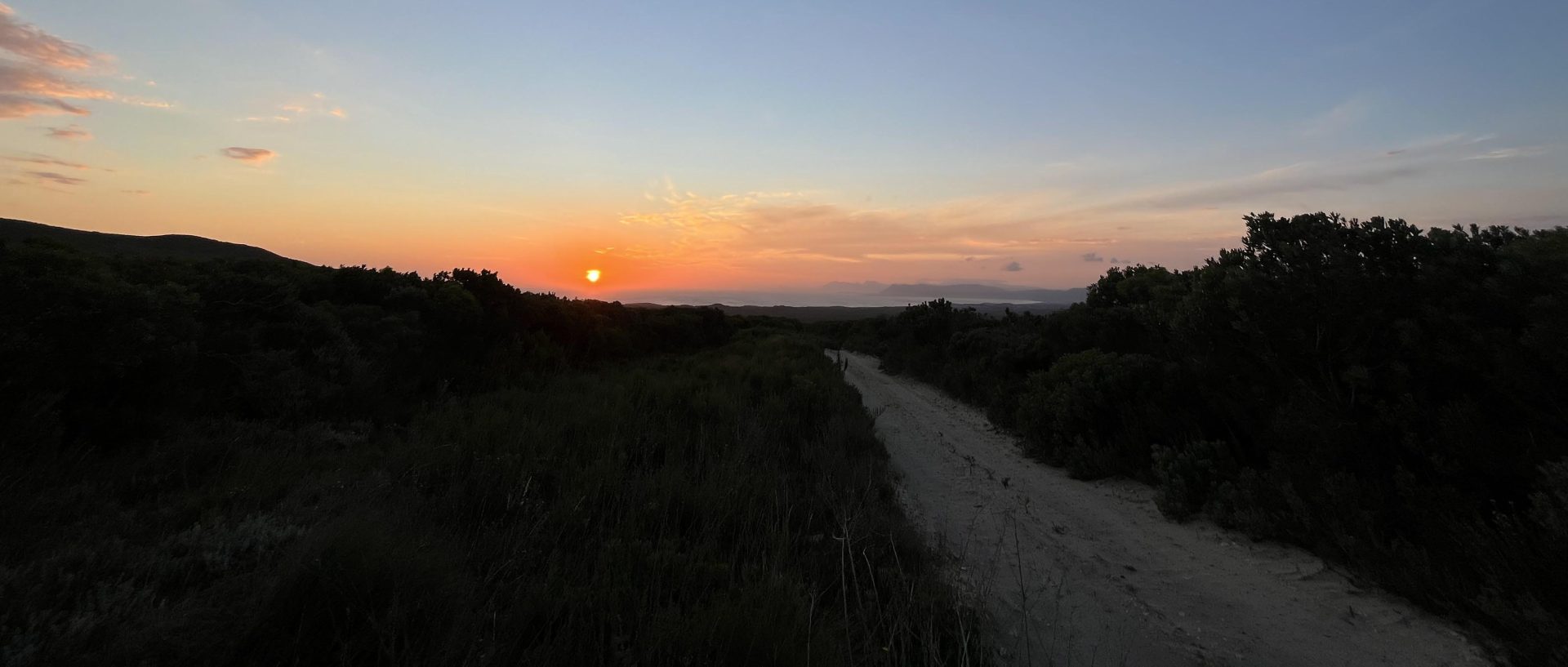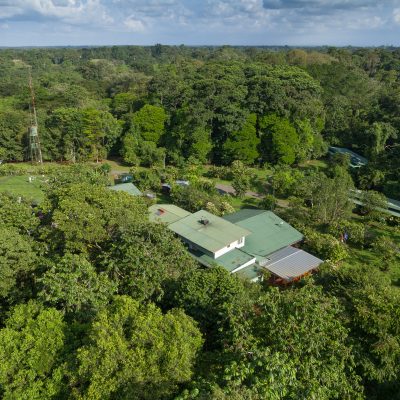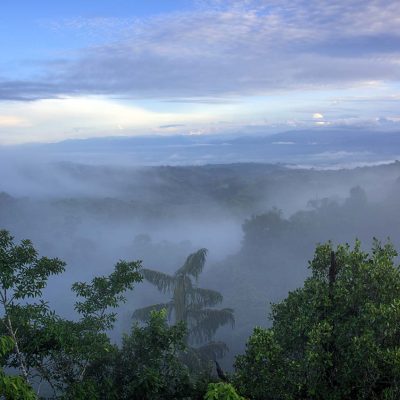
Major: Environmental Biology
Home School: Washington University, St. Louis
OTS Program: African Ecology and Conservation
Spring 2024
Lyle Usdin
“I have no doubt that the semester I spent with OTS AEC is going to be the most memorable semester of my four years.“
OTS AEC was par none the best option for a field-based semester abroad I could find. I was looking for an active program where I could largely escape the classroom and OTS has been all that and more. Also, my faculty mentor, Dr. Myers, and my graduate mentor, Anna Wassel, both participated in OTS courses earlier in their career and told me how important their experiences were with OTS!
The most memorable part of my trip was the long-term research project week. I spent LRP week working in disease ecology. I learned a bunch of new field techniques for vegetation sampling, rodent trapping, and tick sampling. Every morning we got awesome game drives on the way to and from our field sites. Eric, Liezl, and Shedron the disease ecology LRP organizers were super fun to be with in the field and told us a lot about the various things we encountered. After we got in from the field every day we were also busy working as a team to sort our ticks and figure out what data analyses we were going to tackle. Super tiring busy week but so much fun!
Absolutely go for it! I have no doubt that the semester I spent with OTS AEC is going to be the most memorable semester of my four years. I am confident that any OTS AEC alumni would say the same. You will learn so much more than just ecology. If you have any questions, itinerary, food, or what to bring, definitely ask Ian for an alumni’s phone number! Talking to alumni before I came was invaluable.
My capstone project for OTS AEC assessed the impact of insect herbivory on the fitness of a threatened succulent species, Adenium Swazicum. The succulent plant, known as the Swazi Lilly, has seen dramatic declines in the wild, and insect herbivory is one of three known barriers to recruitment affecting the long-term viability of Swazi Lilly populations in the wild. Despite this, very little research has been done on the Swazi Lilly (just three relevant published papers in total). We sampled 266 plants including 1120 stems. We found that a leaf beetle is the primary invertebrate associated with the Swazi Lilly. Despite this, current levels of insect herbivory in Swazi Lilly populations don’t seem to have risen to the point of concern, and management at present should not consider the leaf beetle which is widely distributed throughout the Swazi Lillies in KNP as a pest.
I am planning to work in field ecology for at least some of the foreseeable future. Next year, after I graduate, I plan to find work as a seasonal field technician for a couple of seasons to explore different sub-fields and also consider a masters or doctorate program. Right now I am most interested in global change biology and forest dynamics but disease ecology (something I was exposed to with OTS AEC) stream ecology and fisheries management are next up on my list of sub-fields to explore!




